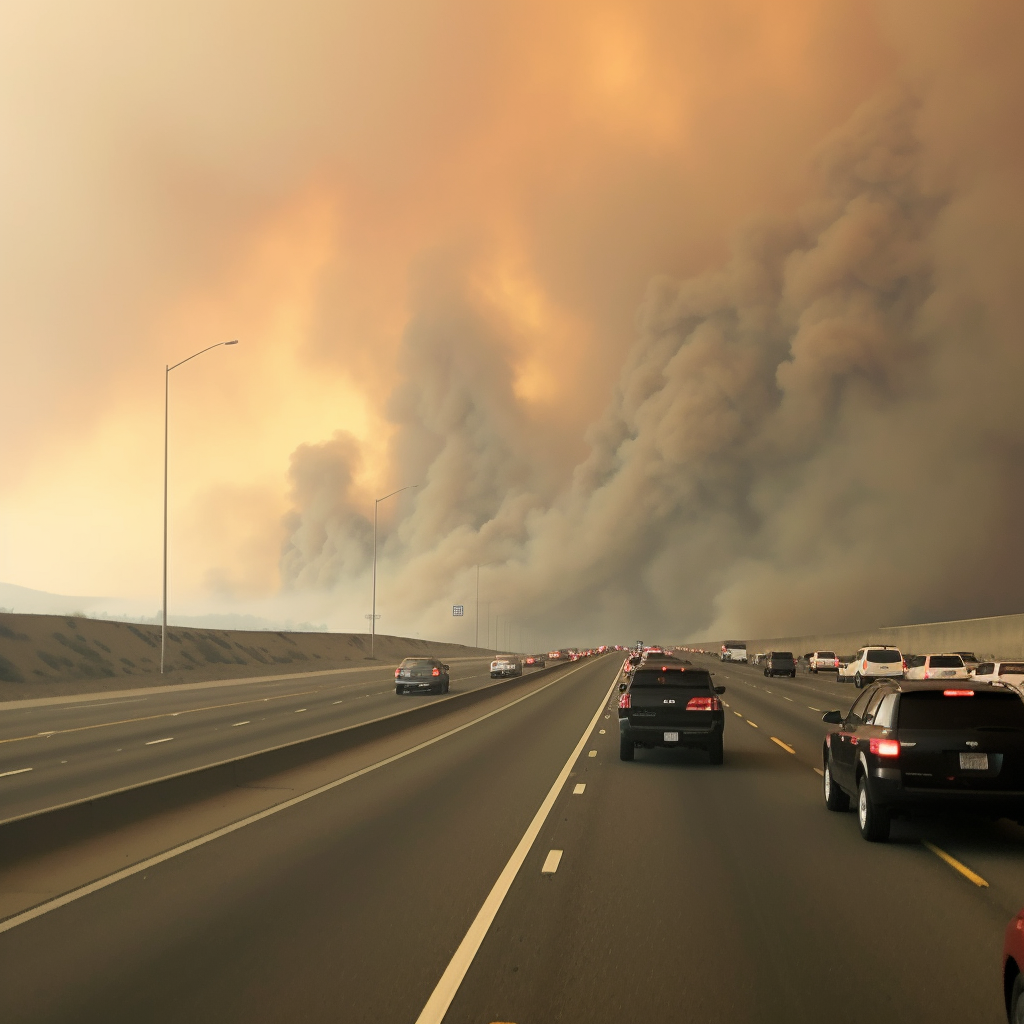September 7, 2023
Climate Change and Wildfires – Urgency for New Strategies
Book a Demo
Climate change is a global crisis that is altering various aspects of our environment, including the severity and frequency of wildfires. A recent study by the Breakthrough Institute has highlighted this issue, revealing that climate change has amplified the risk of explosive wildfire growth in California by 25%, despite reduced emissions.
The study utilized artificial intelligence to scrutinize nearly 18,000 California wildfires, occurring between 2003-2020. The analysis discovered that escalating temperatures are altering individual fire behavior, contributing to extreme growth defined as more than 10,000 acres in a day. As temperatures rise due to climate change, vegetation dries out, elevating the potential of fire under certain conditions.
In a more alarming revelation, the study indicates that climate change will enhance the risk of extreme daily wildfire growth by 59% by the end of this century if emissions reach net zero in the 2070s. This risk could escalate to 90% if emissions continue to rise until 2050. The author of the study argues that although reductions in emissions are crucial, they will have a minimal impact on wildfire danger in the near term. This emphasizes the necessity for on-the-ground solutions like fuel reduction, prescribed burning, and mechanical thinning.
In support of these findings, research from Stanford University has forecasted that, in the absence of action to curb greenhouse gas emissions, the frequency of extreme fire weather days will increase by 40% by the end of the century. This prediction underscores the urgency for immediate and effective measures to address the issue.
Firefighters and scientists are now urging for a shift in how society approaches fire management, advocating for a move away from suppression efforts towards more proactive measures. Experts propose that California should invest in forest management techniques, such as prescribed burns and thinning, to reduce the severity and impact of future wildfires.
The increased risk of wildfires due to climate change is a pressing concern that requires immediate attention. While efforts to reduce emissions are vital, on-the-ground solutions and a shift in fire management strategies are also crucial in mitigating the danger posed by wildfires.



